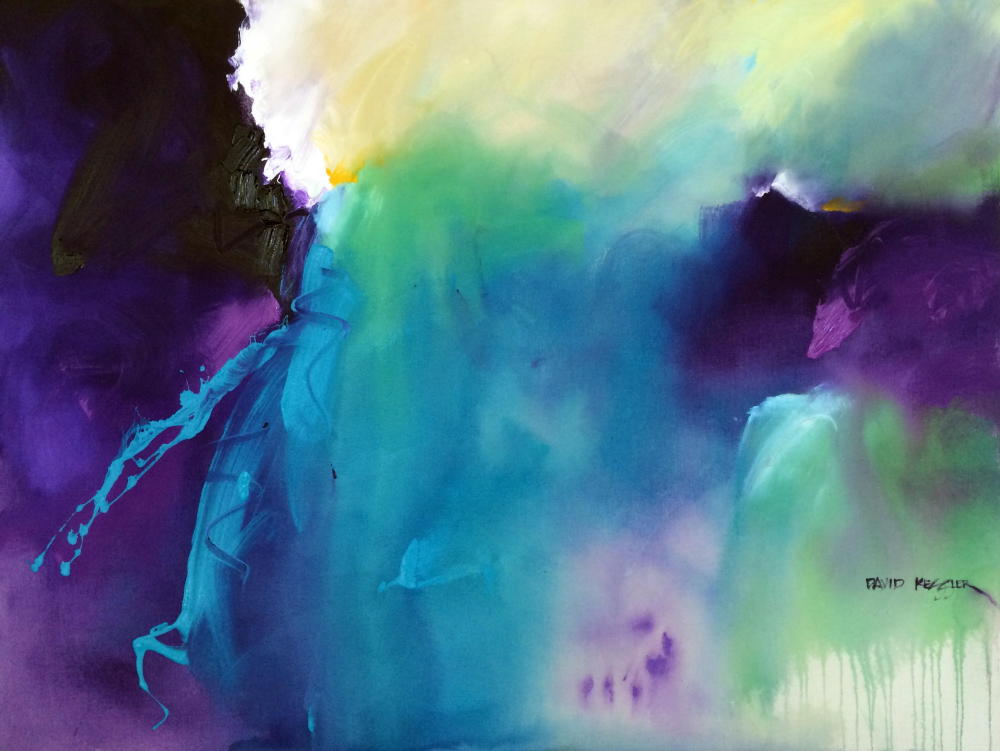Consistency Part 2
/Consistency Part 2
In a previous post I talked about the importance of consistency when developing an exhibition. In this post I want to talk in broader terms: how consistency can help you be more successful as an artist.
If someone mentions these artist names, a certain image of their work appears in your mind: Monet, Manet, Van Gogh, Pissarro, Matisse, Picasso. Or modern artists Wolf Kahn, David Hockney. An image of their work comes to mind because the look of their work was consistent; a signature look. We can recognize it immediately in a museum. Why would you not want the same for yourself as an artist? Don't you want your work to be recognizable - to be associated with you as your work and yours alone?
There is an ever present myth that multi-tasking is a way to accomplish many things in a shorter amount of time. Research studies have shown that when multi-tasking is attempted, all tasks are completed on a sub-par basis - meaning that none of the tasks was successfully or thoroughly completed. I apply that same principle to those artists who try to do everything in art. I talk with many who tell me they work in watercolor, oil, acrylic, collage and mixed media. They regularly paint landscapes, still life, figures, abstracts, etc. When I hear this, I immediately know that the work as a whole will not be very good. They are trying to do too much. When you do that your work suffers, just as in multi-tasking.
I believe that when we begin our artistic journey we should try everything. How else are we going to know what we like to do? But at some point, if you want to get serious with an art career, my belief is that you need to simplify and hone in on one particular type of media and subject matter to be really good at it.
I began my art life as a watercolor painter painting mostly landscapes. Once I began painting abstracts on canvas in acrylic, I kept painting the watercolors too. After a while I found that my skills in each were not as good as they could be. My skills in watercolor regressed and I didn't make the progress in abstracts that I hoped I would. When I stopped doing the watercolors, my abstract painting skills soared. I decided I wanted to be the best abstract painter that I could be.
The objection I hear to this all the time is: I don't want to paint the same thing my whole life. Keep in mind that your work will constantly evolve during your career. I constantly push the limits of what is acceptable for the niche I have put myself into. My work five years ago was very different from what it is today, and I hope I can say that five years from now. An artist's work evolves slowly over time based on life experience, but it does not make radical shifts in direction.
If you don't want to take this approach, then don't. If however, you are interested in becoming really successful as an artist, then think about simplifying your approach to become really good at one thing, and do it better than anyone else.
If you would like to learn to be more consistent as a painter, then please join me for a workshop, join one of my online courses, or get a digital download art lesson.


